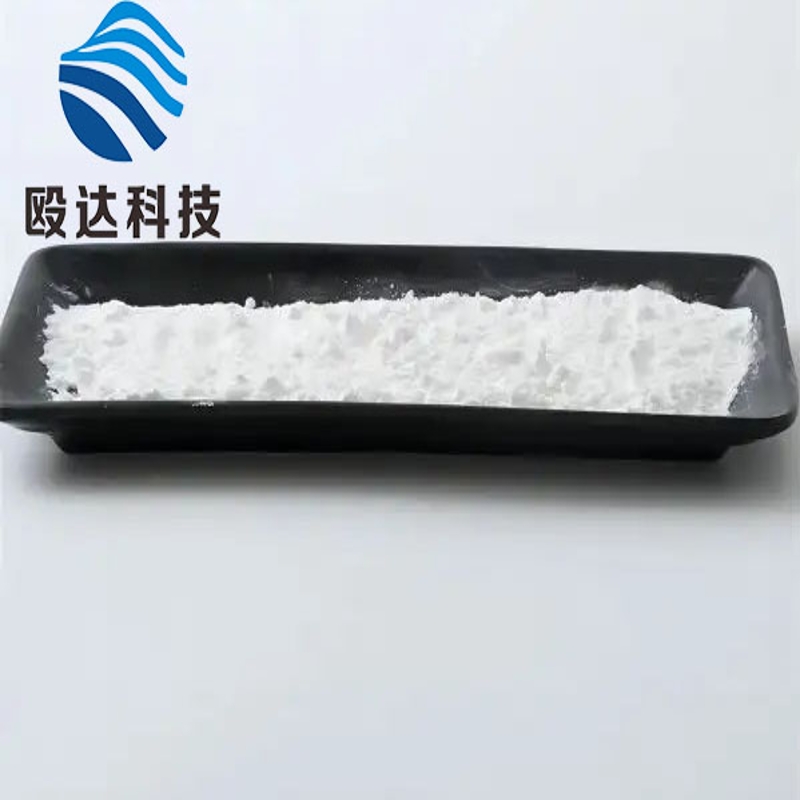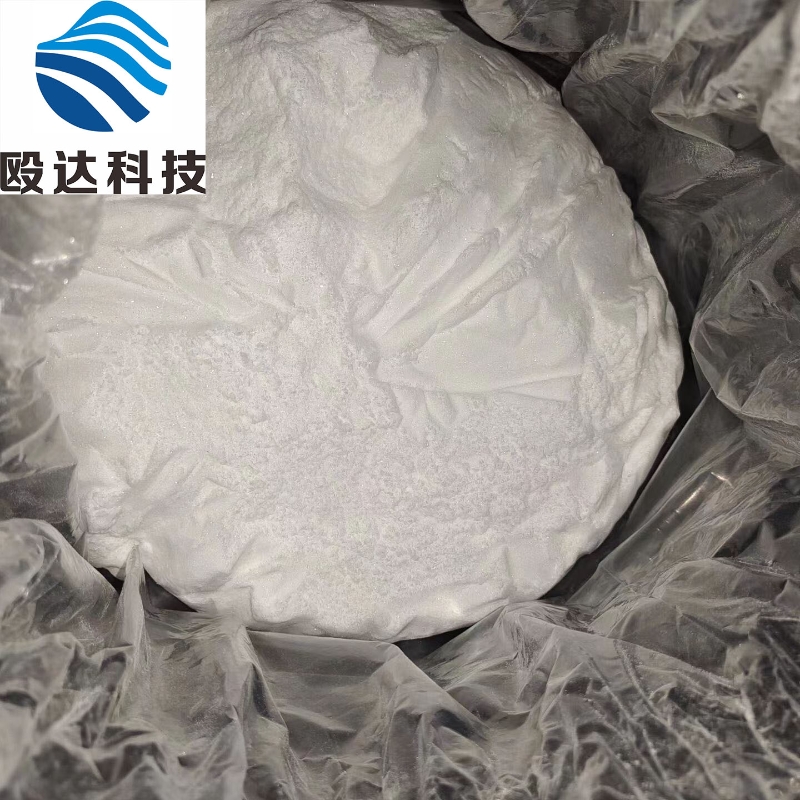Nature's big break! Mitochondrial Ubiquinol oxidation is necessary for tumor growth!
-
Last Update: 2020-07-29
-
Source: Internet
-
Author: User
Search more information of high quality chemicals, good prices and reliable suppliers, visit
www.echemi.com
July 17, 2020 /PRNewswire/ -- Numerous studies have shown that mitochondrial electron transfer chain (electron transport chain, ETC) is necessary for tumor growth, and studies that inhibit this process and combine it with targeted therapy have shown antitumor effectsIn addition, human brain and lung tumors show significant glucose oxidation status through mitochondriaHowever, it is not clear why functional ETC is necessary for tumor growth in the bodyTHE ETC FUNCTION IS COUPLED WITH THE ATP GENERATION PROCESS, I.ETHE PRODUCTION OF OXIDIZING PHOSPHORYRESSE AND TRIAOXIC ACID CYCLE METABOLITESMitochondrial complexes I and II donate electrons to Coenzyme Q, resulting in the production of Ubiquinol and the regeneration of NAD plus and FAD coenzyme factors, complex IIIThe Ubiquinol is oxidized as Coenzyme Q, also as an electron receptor for dihydrowymide dehydrogenase (DHODH), which is necessary for new synthash synthesisPHOTO SOURCE: Researchers from Northwestern University Feinberg School of Medicine and others recently published a paper in Nature revealing that tumor growth is blocked by cancer cells lacking mitochondrial complex IIIThe researchers found that this condition could be reversed by the ectopic expression of Ciona testinalis (AOX), which also oxidizes panquinone to coenzyme QThe relevant research is entitled "Mitochondrial ubiquinol oxidation is mhad for tumour growth"The absence of mitochondrial complexI, II, or DHODH reduces the growth of tumors caused by cancer cells expressing AOX, highlighting the need for coenzyme Q as an electronic receptor for tumor growthCancer cells that lack mitochondrial complex III but regenerate NAD plus by expressing NADH oxidase for mitochondria or cytoplasm are still unable to grow tumorsThis suggests that the regeneration of NAD plus is not sufficient to drive the growth of tumors in the bodyOverall, the results of this new study suggest that tumor growth requires ETC deoxidation ubiquinol, which is an essential process for driving the oxidation TCA cycle and DHODH activity() References: Mart?nez-Reyes, I., Cardona, L.R., Kong, Het alMitochondrial uquinobil sijson for the tumour Nature (2020) https://doi.org/10.1038/s41586-020-2475-6.
This article is an English version of an article which is originally in the Chinese language on echemi.com and is provided for information purposes only.
This website makes no representation or warranty of any kind, either expressed or implied, as to the accuracy, completeness ownership or reliability of
the article or any translations thereof. If you have any concerns or complaints relating to the article, please send an email, providing a detailed
description of the concern or complaint, to
service@echemi.com. A staff member will contact you within 5 working days. Once verified, infringing content
will be removed immediately.







